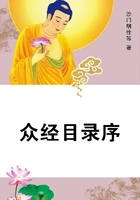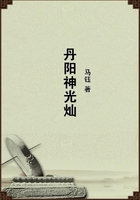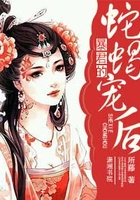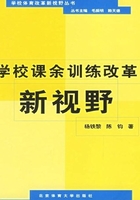Whether the State Constitutions are to be regarded as property-conserving, aristocratic instruments, or as progressive documents, depends upon the point of view. And so it is with the spirit of union or of nationality in the United States. One student emphasizes the fact of there being "thirteen independent republics differing . . . widely in climate, in soil, in occupation, in everything which makes up the social and economic life of the people"; while another sees "the United States a nation." There is something to be said for both sides, and doubtless the truth lies between them, for there were forces making for disintegration as well as for unification. To the student of the present day, however, the latter seem to have been the stronger and more important, although the possibility was never absent that the thirteen States would go their separate ways.
There are few things so potent as a common danger to bring discordant elements into working harmony. Several times in the century and a half of their existence, when the colonies found themselves threatened by their enemies, they had united, or at least made an effort to unite, for mutual help. The New England Confederation of 1643 was organized primarily for protection against the Indians and incidentally against the Dutch and French. Whenever trouble threatened with any of the European powers or with the Indians--and that was frequently--a plan would be broached for getting the colonies to combine their efforts, sometimes for the immediate necessity and sometimes for a broader purpose. The best known of these plans was that presented to the Albany Congress of 1754, which had been called to make effective preparation for the inevitable struggle with the French and Indians. The beginning of the troubles which culminated in the final breach with Great Britain had quickly brought united action in the form of the Stamp Act Congress of 1765, in the Committees of Correspondence, and then in the Continental Congress.
It was not merely that the leaven of the Revolution was already working to bring about the freer interchange of ideas; instinct and experience led the colonies to united action. The very day that the Continental Congress appointed a committee to frame a declaration of independence, another committee was ordered to prepare articles of union. A month later, as soon as the Declaration of Independence had been adopted, this second committee, of which John Dickinson of Pennsylvania was chairman, presented to Congress a report in the form of Articles of Confederation. Although the outbreak of fighting made some sort of united action imperative, this plan of union was subjected to debate intermittently for over sixteen months and even after being adopted by Congress, toward the end of 1777, it was not ratified by the States until March, 1781, when the war was already drawing to a close. The exigencies of the hour forced Congress, without any authorization, to act as if it had been duly empowered and in general to proceed as if the Confederation had been formed.
Benjamin Franklin was an enthusiast for union. It was he who had submitted the plan of union to the Albany Congress in 1754, which with modifications was recommended by that congress for adoption.
It provided for a Grand Council of representatives chosen by the legislature of each colony, the members to be proportioned to the contribution of that colony to the American military service. In matters concerning the colonies as a whole, especially in Indian affairs, the Grand Council was to be given extensive powers of legislation and taxation. The executive was to be a President or Governor-General, appointed and paid by the Crown, with the right of nominating all military officers, and with a veto upon all acts of the Grand Council. The project was far in advance of the times and ultimately failed of acceptance:, but in 1775, with the beginning of the troubles with Great Britain, Franklin took his Albany plan and, after modifying it in accordance with the experience of twenty years, submitted it to the Continental Congress as a new plan of government under which the colonies might unite.















